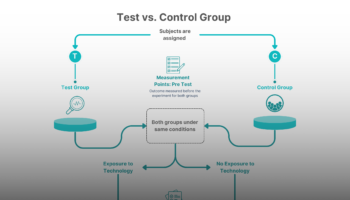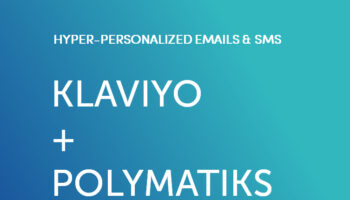There has been a lot of debate about whether or not it is worth investing in a loyalty program for your online store. So, is it worth it?
Before answering this question, it’s important to define “loyalty” and what inspires it. Loyalty is defined by empathy and emotional engagement. Moreover, in this hyper competitive world, loyalty is inspired by appealing to customer’s hearts as well as their minds and wallets. To that end, an effective new reward might be to donate to a good cause or offer an exclusive experience.
When brands inspire customer loyalty, significant value is delivered as1:
- 86% will recommend the brand to friends and family;
- 66% are likely to write a positive online review after a good experience;
- 46% will remain loyal even after a bad experience;
- 52% will buy their favorite brand even if it is cheaper and more convenient to buy a rival product.
Given these benefits, it is of no surprise that online stores want to launch their own loyalty program using a Shopify app such as smile.io. We come back to the question we posed at the beginning of the article – is it worth it? The answer is, it depends on the type of rewards you’re offering your customers. Rewards can be categorized into two:
- Transactional rewards. Transactional rewards are financial incentives that customers can use to save money on future purchases, such as free shipping or a dollars off coupon. The rewards tend to be easy to implement and their value is clear to your customers.
- Experiential rewards. Unlike transactional rewards, experiential rewards go beyond a dollar value to improve the larger customer experience. Experiential rewards give your customers access to experiences that cannot be found anywhere else, therefore allowing you to build deeper relationships with your customers. Sephora is a global leader when it comes to creating unforgettable experiences for its loyal customers.
The challenge is that transactional rewards lead to, as you might have guessed, transactions, but won’t likely strengthen a customer’s loyalty towards the brand. Even the financial incentives offered do not tend to be personalized, and thus don’t scream to your customers that you know them and have curated financial incentives that speak to them or even relevant (and we know how important personalization is to customers!). Finally, transactional rewards can be very costly.
Experiential rewards, on the other hand, drive greater loyalty and increase the customer lifetime value (CLV), as it allows you to create emotional bonds with customers and help the brand stand out. Experiential rewards drive better personalization. The challenge with experiential rewards, however, is that it takes a lot of effort to establish them and the rewards are more difficult to automate.
So, if you’re considering starting a new loyalty program for your online store (or evaluating your existing loyalty program), ask yourself the following two questions:
- Am I truly driving customer loyalty through the type of rewards I’m offering?
- Given the cost of the loyalty program, am I better off focusing on personalizing the customer experience, since personalization has shown to drive significant benefits to online stores?
1 KPMG



